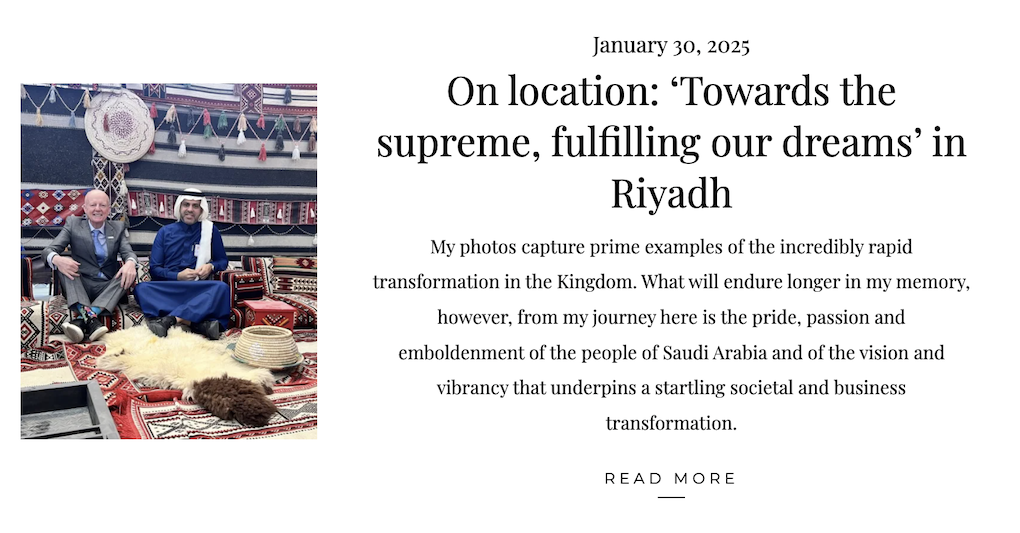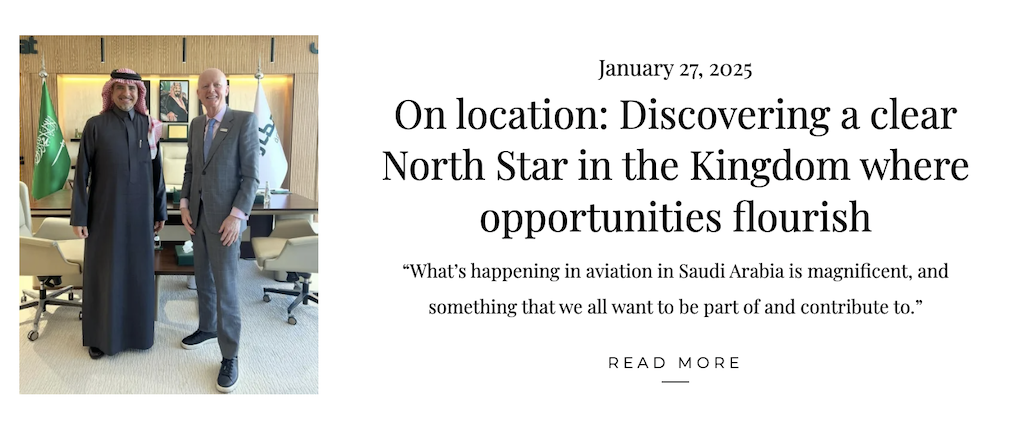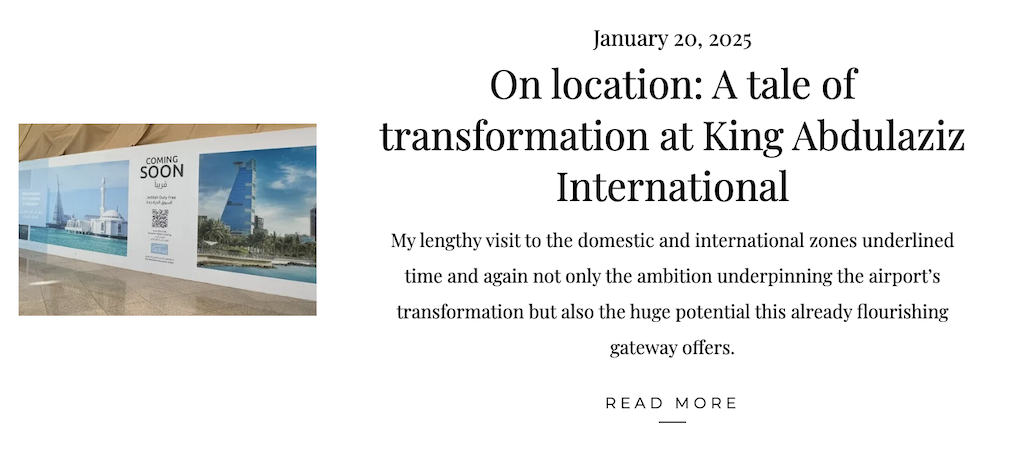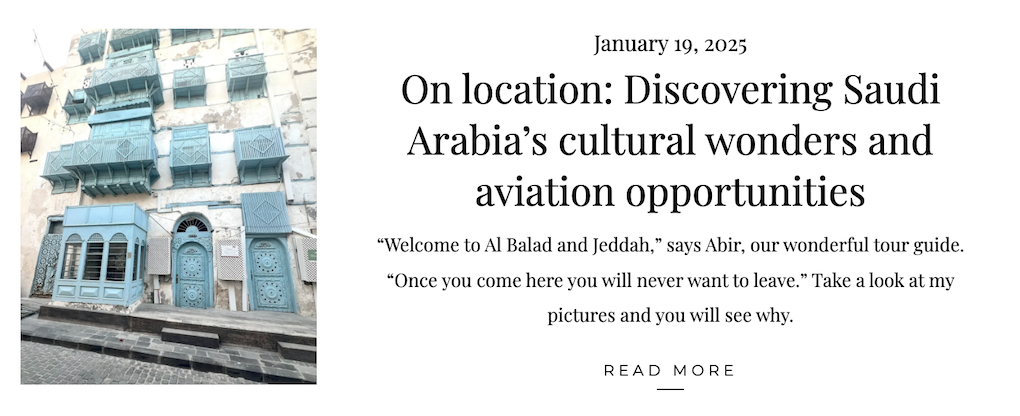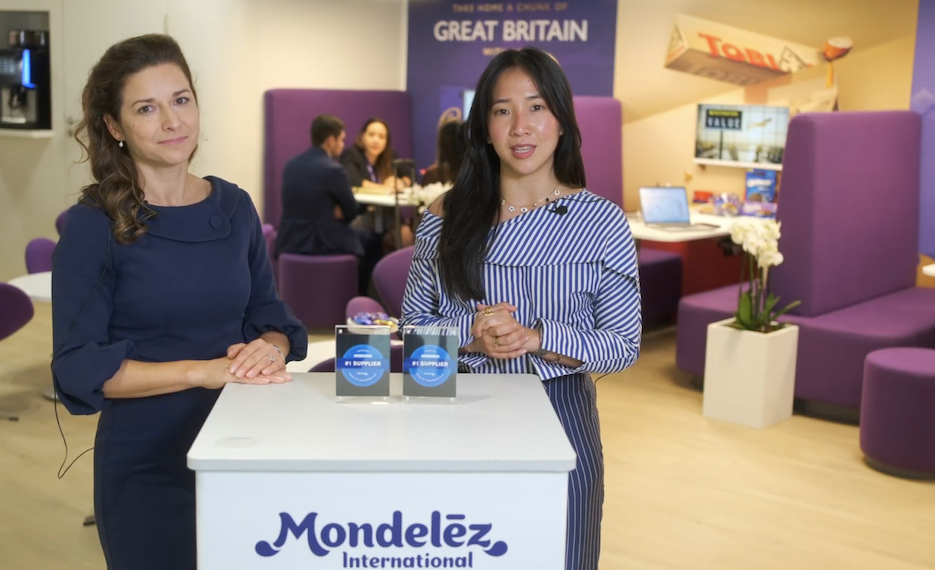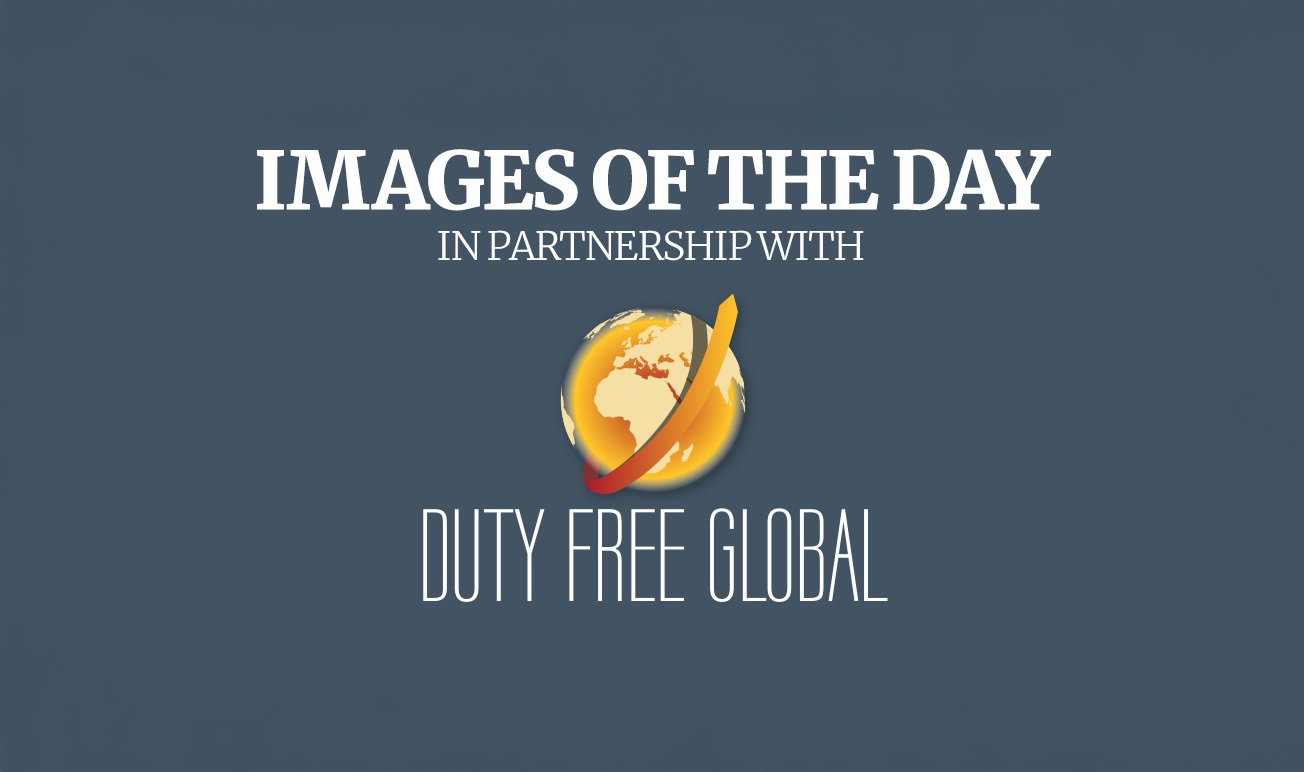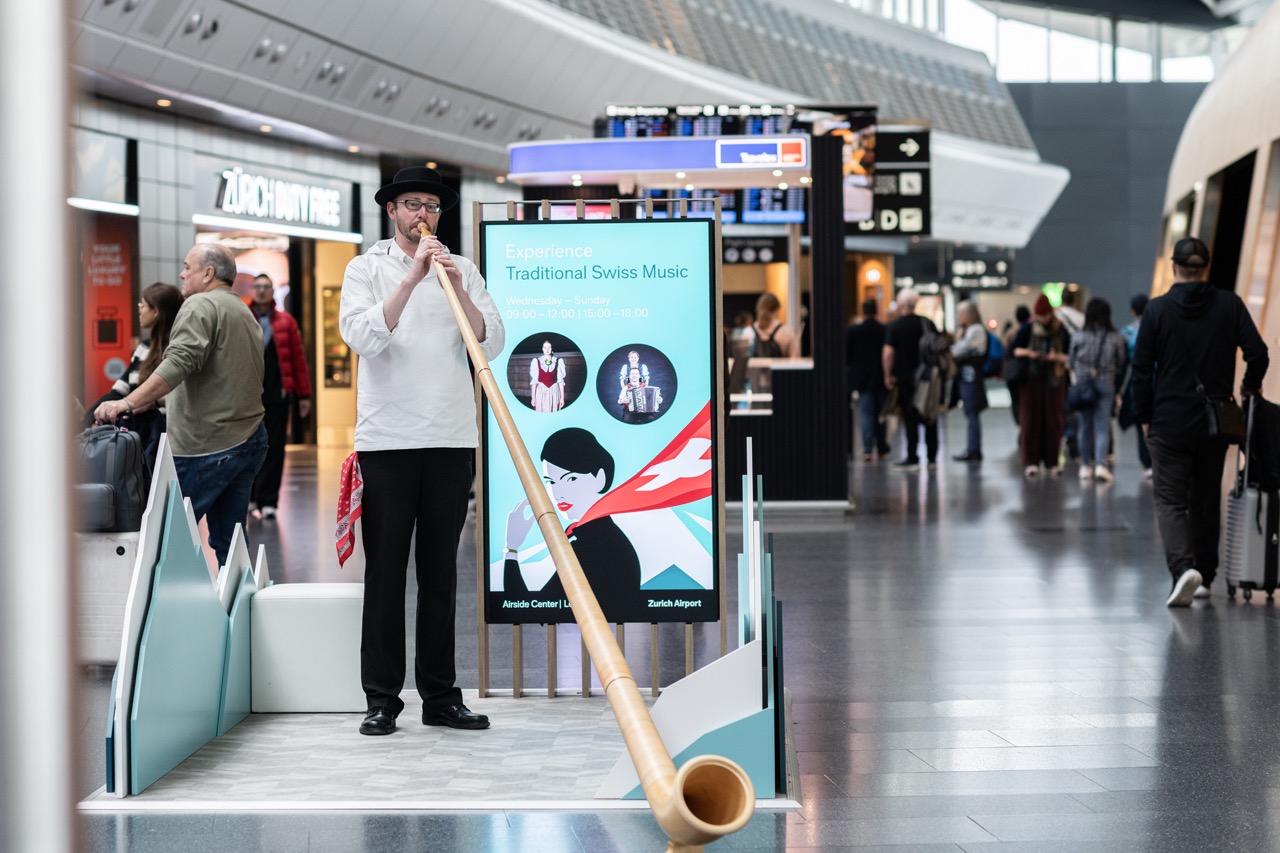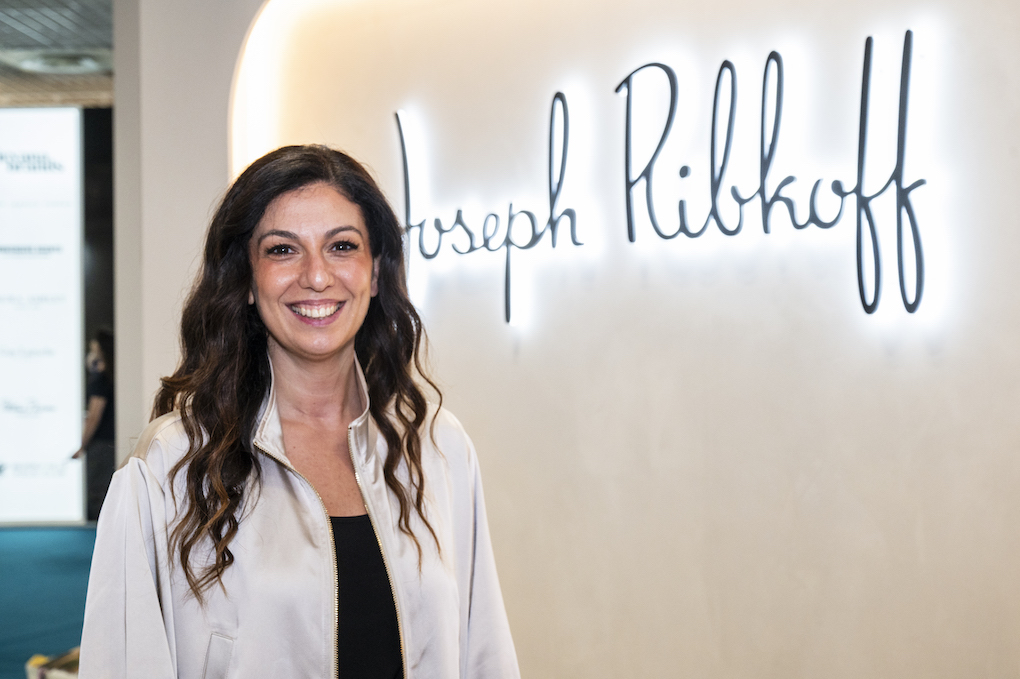
Prologue: Saudi Arabia is undergoing a profound transformation at all levels of business and society and there is arguably no greater example than the aviation sector. MATARAT Holding, tasked with overseeing the Kingdom’s 27 civilian airports, is not just managing infrastructure but delivering a vision to redefine the aviation landscape. With a focus on privatisation, innovation and sustainability, MATARAT is positioning Saudi airports as global benchmarks for operational excellence and customer experience.
In this interview with The Moodie Davitt Report Founder & Chairman Martin Moodie conducted at MATARAT Holding headquarters in Riyadh, Executive Vice President of Privatisation and Commercial Rudy Vercelli and EVP of Airport Operations Patrick Muller, share their insights on the Kingdom’s aviation journey. From the integration of cultural heritage into airport design to the ambitious drive for modernisation, they discuss how MATARAT is shaping the future of travel in Saudi Arabia, making it a gateway to opportunity and a symbol of national pride.
Note: This interview first appeared in the July/August 2025 edition of The Moodie Davitt Magazine. Click here for access.
Rudy, you’ve had extensive leadership experience in the aviation sector. Tell us about this leg of your career journey.
Rudy Vercelli: This isn’t our first rodeo. We’ve all been around, especially in this region, as well as in other places. We’re all veterans of the usual markets and now we’re converging here. That shows how much this country is thriving. Saudi Arabia is attracting people with deep experience in the region. This is the next frontier. That’s not a bad thing to say – it really is the next big opportunity.
The aviation landscape across the region has undergone a remarkable transformation. Saudi Arabia – led by Riyadh and Jeddah – is rapidly emerging as a major aviation hub, mirroring the dynamic growth and modernisation seen in Dubai and Abu Dhabi over the past two decades. It’s a thriving market, and the opportunity is right here. The pieces are being put together to catch up, but this is a fast-moving train. It’s not stopping, so you’ve got to jump on when it slows down just enough. We’re all a reflection of that, being part of this next frontier.
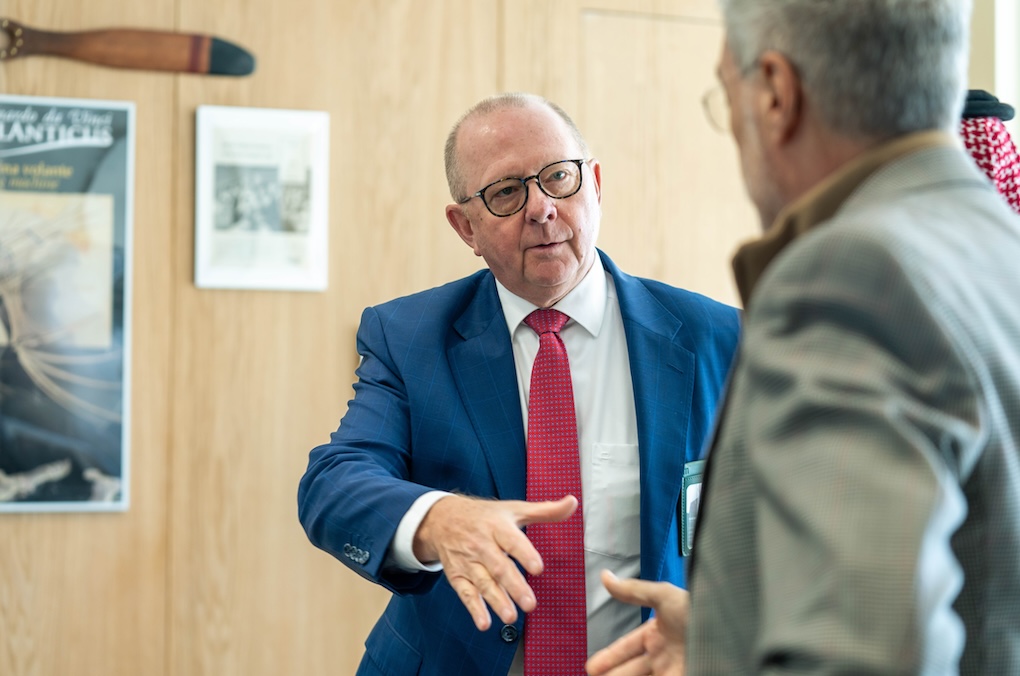
It’s exciting. If you look elsewhere in the travel retail sector at Dubai in the early 1980s, they had a few souk-type stores at the airport. Look what happened. It became the world’s biggest single-airport duty-free location. What an opportunity you have now. And there is so much else happening here in terms of festivals, sport, culture and more.
Patrick Muller: Yes, in sports you have Formula 1, Formula E – you name it. Tennis championships, the Italian Super Cup, international boxing, the FIFA World Cup in 2034, Expo 2030, the Asia Championships.
Rudy Vercelli: If you start putting all of those together, it’s a cocktail of major international events coming to the Kingdom, and that’s going to continue driving growth.
There are so many things happening at once. If anything, our biggest challenge is that there’s so much going on to wrap our arms around… but that’s a good problem to have. No-one’s sitting around here. No-one’s asleep at the wheel. Our days aren’t eight to five, and weekends… what are those!? It’s a thriving place, and I think we’re all excited about what’s ahead.

Tell us about MATARAT’s airport privatisation agenda.
Rudy Vercelli: The country has gone through an evolution. If you go back to my early days here in 1999-2000, all the airports were under what was then called the Presidency of Civil Aviation. Over time, they started restructuring under MATARAT. One of the most complex tasks was consolidating ownership of all these airports, which had been managed in different ways, under one umbrella. With a few exceptions – like Medina and NEOM – every airport is now under MATARAT Holding.
At the same time, they created four operating companies: RAC for Riyadh, JEDCO for Jeddah, DACO for Dammam and Cluster2, which covers the rest of the airports across the country. These four companies all fall under MATARAT, and as a holding company our role is to oversee them. There’s been an evolution between whether we’re a strategic holding company or a hybrid holding company, and really it’s a mix of both.
How is that changing the way things operate?
Rudy Vercelli: We are now looking at the entire aviation ecosystem and evolving it. We also have two key entities involved – GACA (General Authority of Civil Aviation), which was the previous owner of MATARAT, and PIF (Public Investment Fund), which is taking a bigger role in transformation. We focus on enhancing the entire aviation ecosystem in Saudi Arabia. Our collaboration with key entities, including GACA (General Authority of Civil Aviation), is helping drive transformation by bringing in expertise, strategic planning and long-term development initiatives.
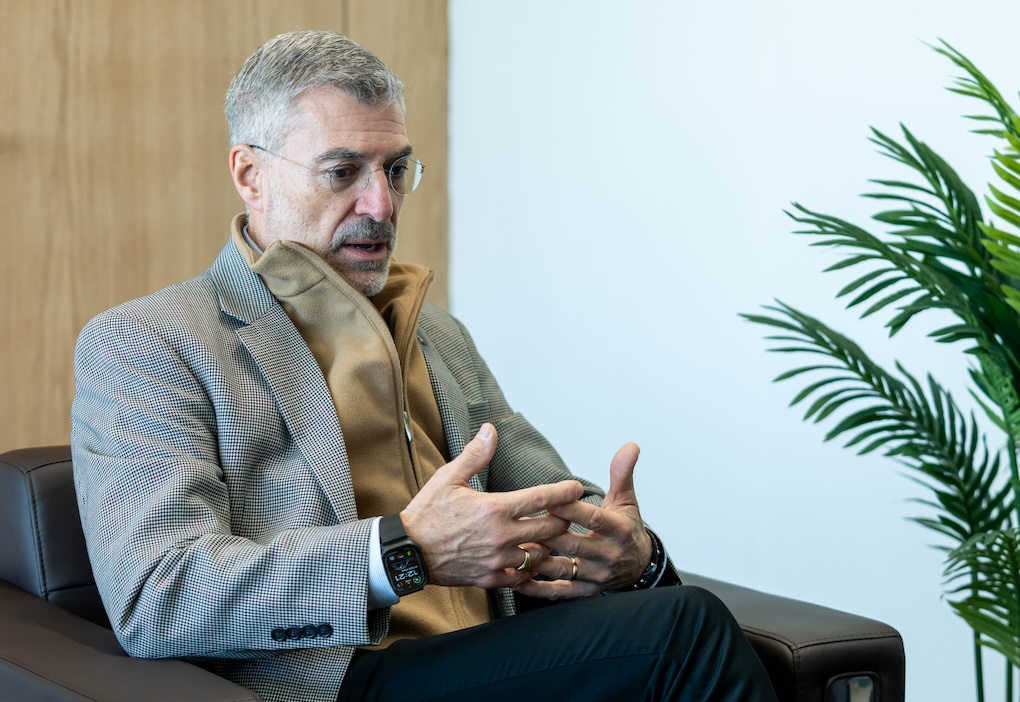
They’re also looking at other pieces of the airport ecosystem to invest in, and that investment isn’t just financial. It’s also about strategy, planning, expertise and resources.
All of that combined shapes our ecosystem today. As MATARAT, our role is to oversee not just the health and growth of the system but also to create value within it. We’re actively working to move away from old legacies and siloed thinking, shifting toward a more integrated approach.
It must be a complex process.
Rudy Vercelli: One of our biggest challenges is that, as a system of airports, we have tremendous leverage and buying power, much more than if each airport operated independently.
Historically, the approach has been more fragmented, with each airport handling things on a case-by-case basis. Now, we’re working diligently, both internally and with the operating companies, to take full advantage of that collective strength.
At the same time, we’re breaking down silos and bringing everything together. Like anything else, this takes time. But we’ve already seen success, and we continue to evolve. In many ways, we’re no different from the rest of the country – we’re transforming, adapting and shifting how things are done. Aligning everyone behind a shared vision is a process and it requires time and effort. But I believe we’re all moving in the same direction.
Airports are arguably the most high-profile piece of infrastructure in a city or country. If you take Riyadh or any capital city worldwide, everyone knows the airport. It’s the gateway in, it’s the gateway out, but it’s also a source of civic pride – or at least it should be. So you’ve got a big responsibility on your shoulders.
Rudy Vercelli: Yes, I guess we’re competing. I don’t want to suggest that we are the biggest or the only major project in Saudi Arabia. There are some truly massive developments happening here. You don’t necessarily hear much about Riyadh [King Khalid International] Airport, but you do hear about The Line [a conceptual linear smart city in Neom, Tabuk Province] and other high-profile projects, and that’s fine. But I completely agree, capital city airports are the first point of entry and the first impression for visitors.
We recently inaugurated Terminal 1 with a complete refurbishment, and if you walk through it, you’ll see a dramatic transformation. The terminals, 10 or 15 years ago, were solid infrastructure, no question about it. They were ahead of their time when they were built. But now, after a complete refresh, they look modern, they’re efficient, and I don’t think they’re second-class to any airport in the Gulf. There’s always room for improvement, of course, but I think people should take pride in the airports and the progress being made.
And within that, Rudy, tell us about the commercial side – food & beverage, duty free, specialist retail, advertising and more – and where that fits in MATARAT’s transformation plans.
Rudy Vercelli: Again, it’s all about transformation, evolution and continuous improvement. If you look at what’s available today compared to just a few years ago, you’ll see a complete shift. You were in Jeddah, so I’m sure you saw it first-hand.
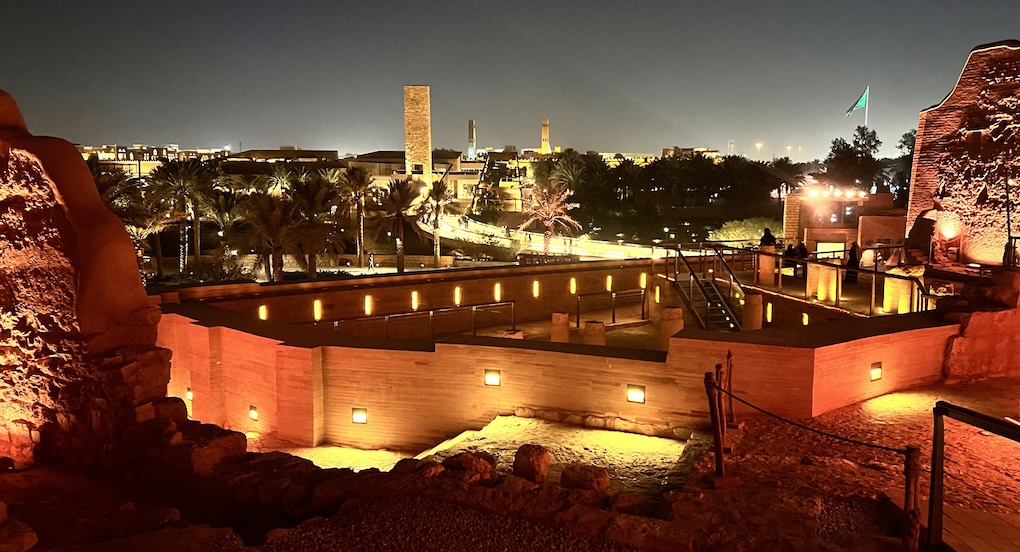
Yes, and I saw it in Jeddah’s domestic terminal too, which was outstanding, as well as the international terminal.
Rudy Vercelli: Exactly. And yet, interestingly, it’s still not enough. People aren’t fully satisfied, and that’s a good thing because it pushes us to do even better. We’re working closely with PIF to rethink the entire approach, to move beyond what we have today and create something unique, a true sense of place.
Tonight, for example, we’ll take you to Diriyah, a World Heritage Site that’s being developed into something incredible. That project is part of PIF’s broader vision, and it reflects a commitment to blending modernity with deep cultural heritage. That same mindset applies to the airports.
You’ve been to Dubai, Abu Dhabi and Doha, and each of those airports has its own identity. Dubai’s is all about modernity. Abu Dhabi’s new Zayed Terminal is architecturally stunning. Doha’s expansion with The Orchard is impressive. But here in Saudi Arabia, we have something even more significant, a richer story to tell, one rooted in culture, history and heritage.
Here we have a real opportunity to create something unique, no question about it. And I think people are fully behind that vision and that uniqueness.
Saudi Arabia is still, arguably, the world’s most misunderstood country. You’ve got millions of tourists coming in over the next few years, many of them for the first time, and your airports will be the first and last thing they experience. That’s an incredible opportunity.
Rudy Vercelli: It’s not just about the commercial offering, though. I’d defer to Patrick here because a huge part of what we’re focusing on is customer experience. That’s a core KPI for us: to deliver a seamless, world-class customer experience. There’s a lot of work to be done and Patrick has been deeply involved in this.
Patrick Muller: Absolutely. Since I arrived, customer experience has become a major focus across the entire sector. It’s not just MATARAT – it’s the regulator, the airport operators, government agencies – everyone is pushing to improve the passenger journey.
You may have noticed it when you arrived in Jeddah. There’s a real effort to welcome tourists, to make their experience smoother. We’re introducing automation, e-gates and other seamless operation elements to improve efficiency. But beyond that, we’re actively capturing passenger feedback to better understand expectations and find ways to meet them.

We’re also measuring airport performance through ACI HQ and Skytrax and using those insights to refine the customer experience.
Ultimately, our goal is to create an airport experience that reflects Saudi Arabia’s transformation, showcases its rich heritage, and delivers a service standard that not only meets but exceeds global expectations.
It took me just five minutes from getting off my plane in Jeddah until I was taking pictures of the arrivals duty-free offer. And the immigration official was charming! When was the last time you were charmed at airport immigration globally? So there’s obviously work going on across different departments, whether commercial or operational.
Patrick Muller: We’re working on digital solutions, including a unified app that will cover all airports. Instead of having to download multiple apps when travelling through Jeddah, Riyadh or any other city, passengers will have everything they need on a single platform.
There’s certainly a great story taking shape. And from my perspective as a publisher – and for our readers – it’s a refreshing and welcome one. The travel retail world is a troubled place right now but here there is so much momentum and excitement.
Patrick Muller: And while there’s definitely room for improvement, we’re now really picking up pace. I had the privilege of serving as CEO at Hamad International when we launched the airport, and there was a push to incorporate elements of local culture. You had pieces of art reflecting Qatari heritage, such as Lamp Bear and the herd of oryx statues.
Here, we need to go further in embedding Saudi culture into the passenger experience. Travellers should immediately feel they’ve arrived in Saudi Arabia, not just at another generic airport.
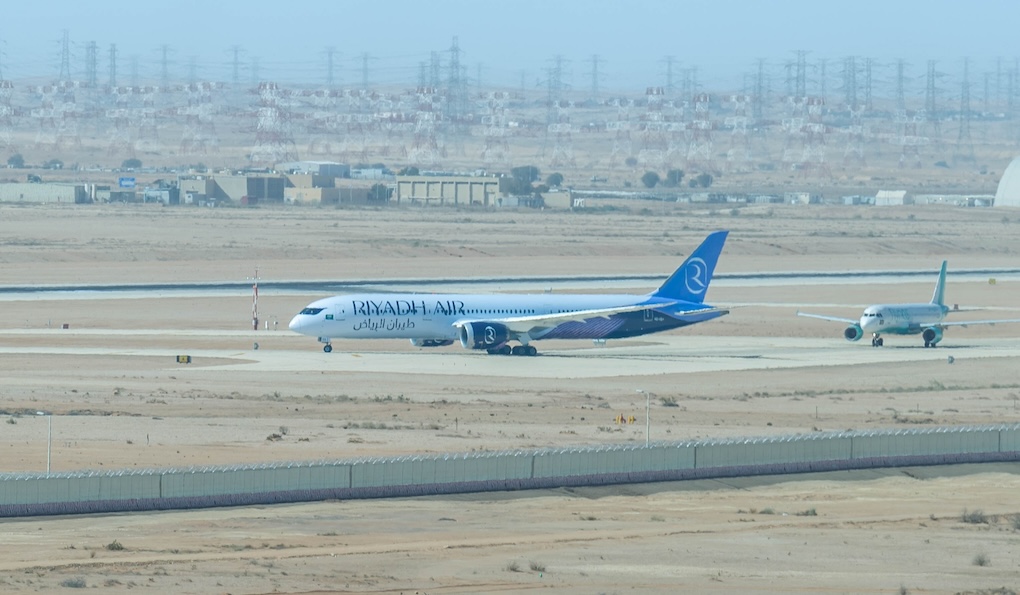
On that note, Rudy, you told me earlier about the huge percentage of young people in the population, more than 60% under 30. That spells a huge potential talent pool. How are you approaching Saudization [the Saudi Nationalisation Program, also known as Nitaqat] particularly in leadership roles, bringing in Saudi talent and developing them?
Rudy Vercelli: What we call local content is a very important piece, another corporate KPI for MATARAT. And one of the things we’re doing, especially us grey-haired guys, is trying to give back to the system: our experiences, what we’ve done in the past, and what we’ve learned from it.
Practical experience is vital in the aviation industry. While academic knowledge lays the foundation, it is hands-on involvement in large-scale projects that truly cultivates expertise. We are committed to ensuring that young professionals in Saudi Arabia are actively engaged in real-world aviation initiatives, enabling them to gain meaningful industry experience and develop the skills needed for long-term success. We are focused on putting that experience back into the system: mentoring, giving people opportunities, and exposing them to the rest of the industry. It’s important for the younger generation to understand how valuable relationships and networks are.
For us, having a black book where I could have your phone number and call you at any time is crucial. That network, those relationships – when we go out into the world, when we meet people, cross-reference projects, and call someone for help on one thing or another – are all part of how our industry operates. And our industry is a small village. No matter where we go – to one of the conferences, for example – we end up seeing familiar faces from different parts of the world.
The challenge is how we transfer that to the local talent pool. How do we mentor while also dealing with the reality that this is a thriving market? How do we retain talent and avoid companies competing against each other for the same people?
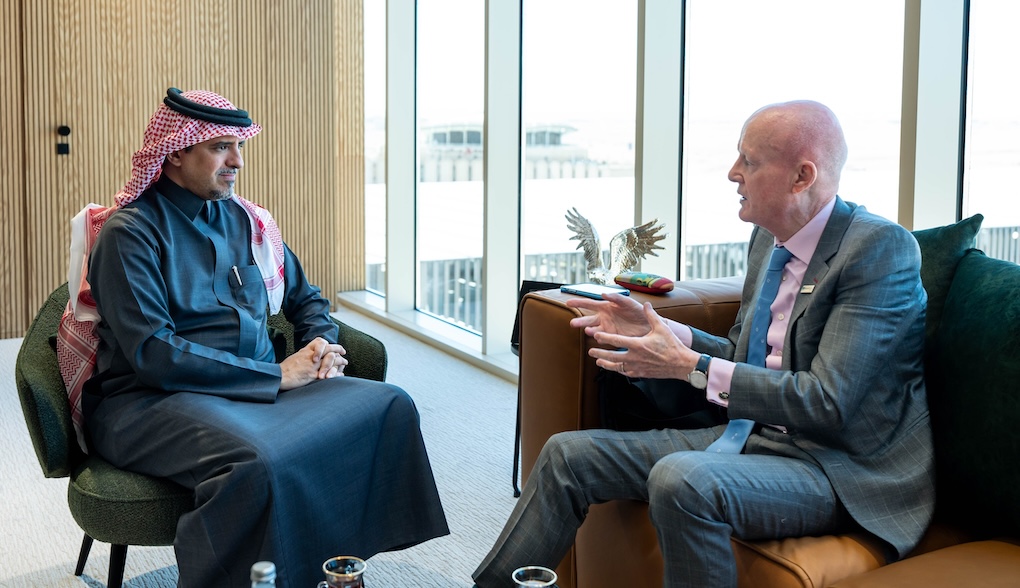
Because when you invest in people over time, you don’t want to lose them. That’s a big challenge. Young talent may be tempted by a better title or more money elsewhere, and that’s completely logical, you can’t fault them for that.
But how do you convince them this industry is unique, that what they’re acquiring here is extremely valuable in the long run? Not just convince them, but make them true believers in the process?
Career development in aviation is best achieved by seeing projects through from inception to completion. While exposure to various roles adds value, true expertise is gained by engaging in the full lifecycle of a project – grasping its complexities and delivering measurable results. Our approach emphasises nurturing professionals who are equipped to make meaningful contributions to long-term initiatives.
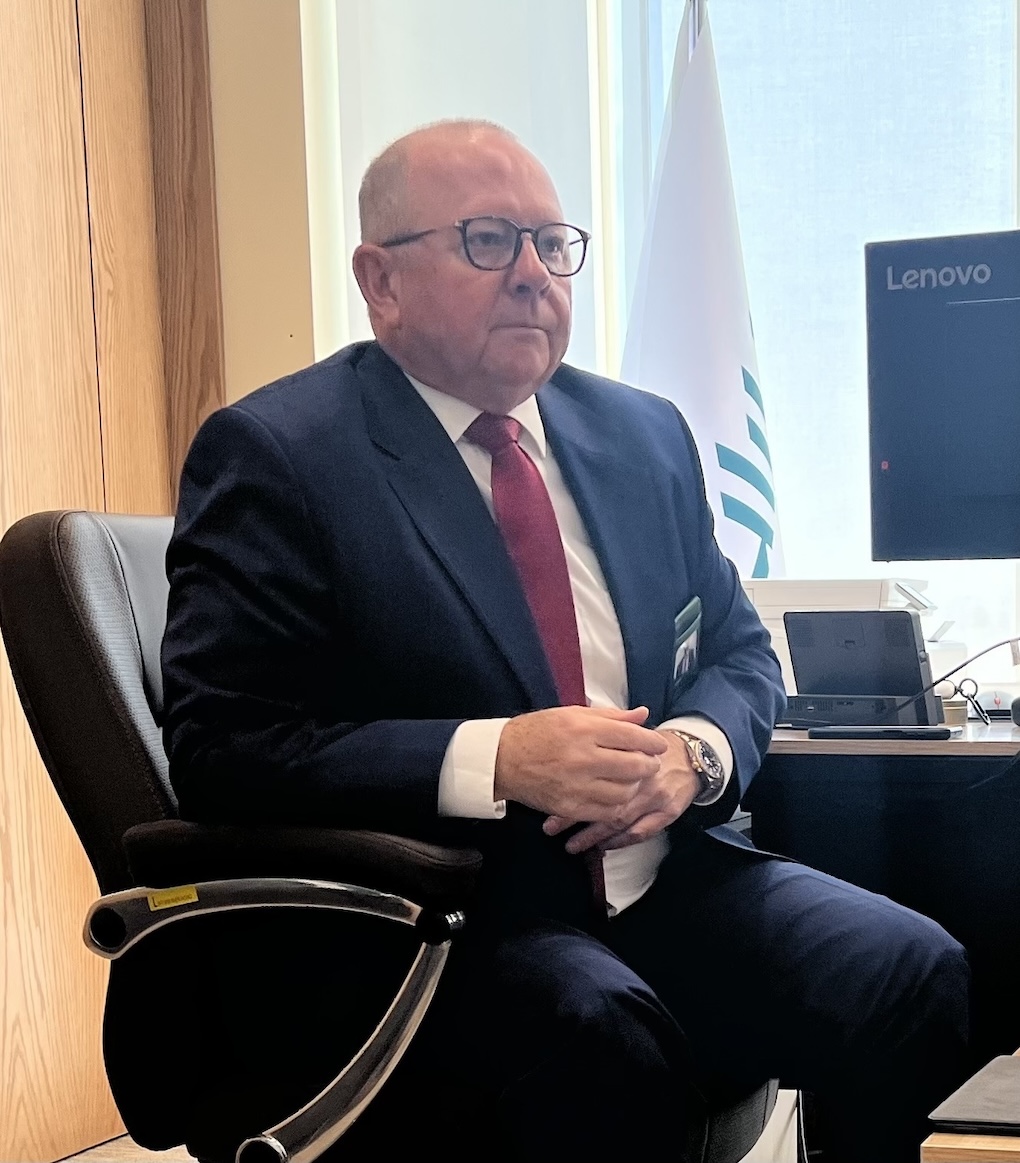 Patrick Muller: For me, it’s a bit easier because one of the roles that MATARAT is playing is to become a centre of excellence – whether we develop that talent in-house or bring it in externally.
Patrick Muller: For me, it’s a bit easier because one of the roles that MATARAT is playing is to become a centre of excellence – whether we develop that talent in-house or bring it in externally.
Our team has established knowledge transfer hubs to ensure seamless communication and collaboration. We are fostering an open exchange of ideas, encouraging professionals to engage and share expertise, which is essential for industry growth. We bring all these stakeholders together in a room and walk them through topics like: How does the accident investigation team in Saudi Arabia operate? What is important to them when an incident or accident occurs? What steps need to be taken? How is airport capacity assessed? How do companies handle that? These are some of the topics we’ve been sharing with them.
Apart from that, as Rudy mentioned, there’s a significant focus on mentoring and coaching. The good news is that we have a generation of young professionals who are eager to learn and absorb information. They’re like sponges: they want to learn, they want to know.
And I’m lucky because the people working with me are passionate about aviation and operations, so they wouldn’t just jump into another industry with their knowledge and expertise. Their skills are very much centred around aviation.
What we’ve started to do is something very simple but effective. Every week we hold a session where we bring all the teams together and say, “Alright, today we’re going to talk about (for example): Why does an aircraft fly? How does it work? Why is a runway named the way it is? Why is it called 31L, for example?” Basic stuff. Because we have a lot of people in roles who have no background in aviation or airports. So, by bringing them deeper into the aviation world, we make their work more relevant and meaningful. My topics are down to earth: we need to make sure aircraft depart on time, we need to ensure airport efficiency, we need to focus on customer experience, and we need to coordinate with a lot of stakeholders.
Rudy Vercelli: I’m really glad Patrick brought that up because what we’re trying to do now, for example, is get the commercial teams and other departments to go through these courses and understand how the entire system works.
We don’t want people working with blinders on, just focused on their own narrow scope: we want them to grasp the bigger picture of aviation, both the macro and micro aspects of how things function.
Why is it important for decision-makers to understand why a runway is labelled 21R, for instance? It’s about general knowledge that rounds them out and makes them more effective.
It’s almost like an ‘Aviation University’ of sorts: we put them through this to make them aware of how everything interconnects. It’s a long-term investment, but one that pays off. And, as Patrick said, there is a great thirst for knowledge. There is a strong drive among young talent to learn and be part of this industry.
That enthusiasm pushes us to include them, expose them to new experiences and give them opportunities. Traditionally, the challenge has been a lack of external exposure, but that is definitely changing now.
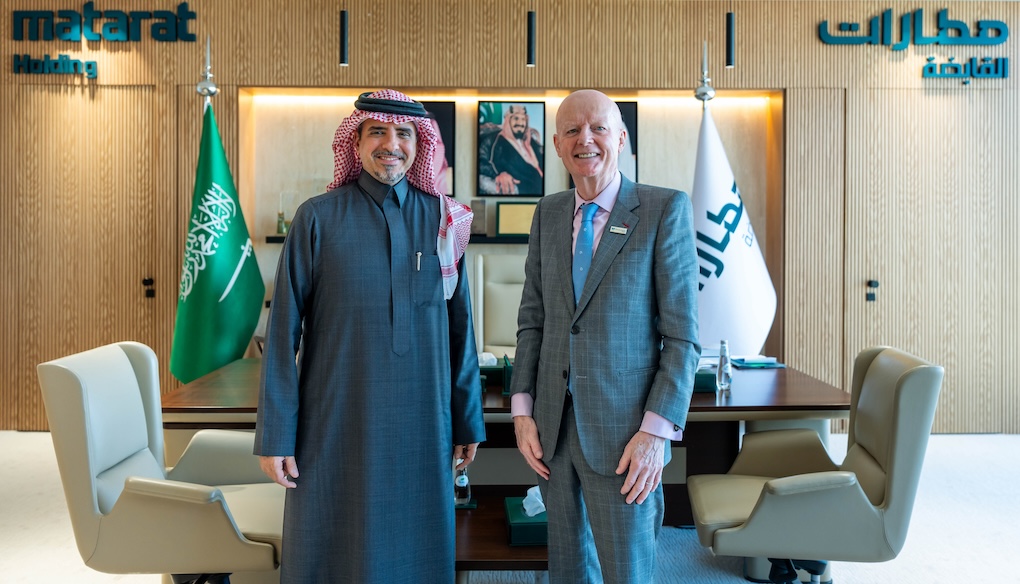
And within that young, dynamic Saudi population, you’ve got a legion of emboldened women. Tell me about that: how is it playing out in the workforce, with women empowered by the societal changes happening around them?
Rudy Vercelli: Sometimes they’re the ones pushing the most. It’s a major paradigm shift compared to years past. There’s a real drive for knowledge and a strong desire to apply what they know, to participate.
From my perspective, we have nothing but praise for the female professionals on our teams.
Patrick Muller: If I compare my first stint here in 2008-2010 to today, the difference is night and day. When you arrive and move around the Kingdom now, you can feel how much more relaxed and enjoyable life is.
People are truly embracing life, going out to the desert when it rains, enjoying movies, sports and entertainment that simply didn’t exist back then.
In 2008 or 2010, there was a certain tension in the air, even though there were no actual restrictions. You’d feel it in small ways, like people in malls commenting on your attire. That doesn’t happen anymore.
Now, with women working alongside us, driving, travelling freely, these changes have transformed the entire atmosphere. And they are making a huge contribution. I can only second what Rudy said.
That’s why it’s so important for articles like the series I’m going to write to tell this story. There are still so many brands out there that are ignorant of what’s happening in Saudi Arabia.
How many CEOs of travel retail and brand companies have actually visited the Kingdom? Not many. Telling this broader story – the transformation you just described, Patrick – is crucial. It’s not just a business story; it’s a profound societal shift.
Patrick Muller: One last example I’d like to share is about how passenger choices have changed. It’s no longer just about legacy airlines and traditional transfer hubs. When I first joined MATARAT, my flight was delayed in Frankfurt due to ice rain, and I had to go to the ticketing counter. They divided us into two lines – one for those going to Riyadh and another for those transferring. I remember thinking, “Who’s transferring from Riyadh?” But about 80% of the passengers were in the transfer line.
I started talking to the people around me and asked, “Where are you headed?” One guy said, “Thailand.” I asked why he chose Saudia, and he said, “Oh, I found it on the internet, and it was a good deal.”
People are simply booking whatever is available online, without considering the specifics. This is a massive opportunity for Saudi Arabia. Saudi Arabia’s aviation industry is gaining increasing recognition on the global stage. With ongoing investments in infrastructure, service quality and international connectivity, the sector is well- positioned to enhance its global presence. So, I truly believe there’s enormous potential for growth in this area. ✈
The Moodie Blog: Click on the images to read more about Martin Moodie’s time in the Kingdom







